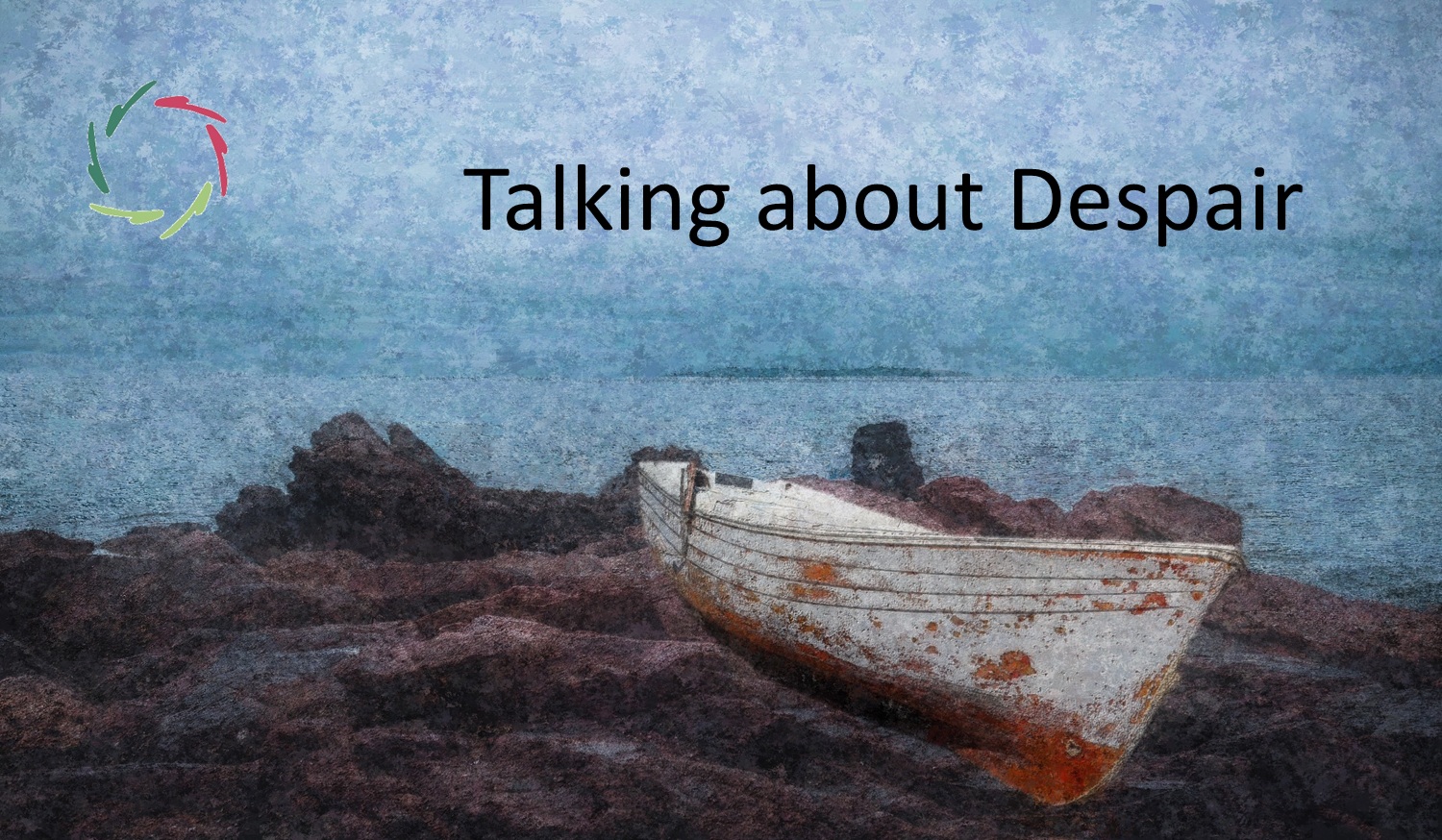Is Your Wanting Yours?

It feels so mainly because one isn’t conscious of the many influences that eventually shape one’s wanting. But is it, and should it?
Theory and practice
In theory, if you count genetics to these influences, external forces shape and mold every wanting. This ends the concept of free will ― in theory. A way out of this might be the thought that consciousness (including conscious free will) is something magical ― which it isn’t.
In practice, each person is a unique conglomerate of an immense amount of influences that result in a complex entity (such as you) in which these influences also mutually influence each other. Seen as a whole, the individual is a self-perpetuating pattern of mainly subconceptual elements. In this, practically seen, whatever you want is your wanting…
unless it is not.
This is now a question of degrees. Your wanting is never fully yours, but that is, practically seen, irrelevant. Such as: you cannot jump to the moon ― theoretically true, but practically irrelevant. You can still use your jumping for what it’s worth, which is sometimes quite a lot.
The relevant question is: How directly and thoroughly is your wanting shaped by external forces ― not only what you concretely want, but the wanting itself? That’s a whole layer deeper than merely wanting something.
“Let me be free to do what I want.”
Theoretically: nonsense. Practically: depending on the above. For instance, a continual bombardment of advertisements that again and again mold the ego into buying modus also molds the ego as ego. The wanting becomes a mere-ego-wanting, separated from the complexity of the total person.
The advertising being continually sanctioned by a capitalist-consumerist society, the wanting of the individual also becomes a consumerist wanting ― bent on grabbing superficial stuff to fill a deepening hole inside. This way, the divide between superficially wanting and deeply needing becomes bigger ― not making anyone happier or more Compassionate.
This is not a plea against capitalist society but against a meaningless one. It is a plea for a post-capitalistic focus on meaningfulness.
A society in which people are really free to do what they want.
Practically, this goes together with a search for what people meaningfully want. This is never devoid of cultural influences. The wanting of the individual is partly the wanting of the culture. Therefore, cultures themselves should not be exempt from ethical scrutiny.
This is also what ‘freedom’ means in the AURELIS ethical five. It is the practical freedom of the individual, not only in his inconsiderate feeling of freedom which may be imposed by much more than he quickly realizes but as the result of his personal work, the effort he puts into mental growth.
This personal effort is valuable to the personal wanting.
Like jumping to the moon: forget that. But it’s still valuable to try to jump higher than before. If this is not intensely ego-gratifying, so much the better. It’s ego precisely that weighs heavily on the jumping.
Personal mental growth has as its aim a more qualitative wanting.
This is a wanting that is more yours, truly.


